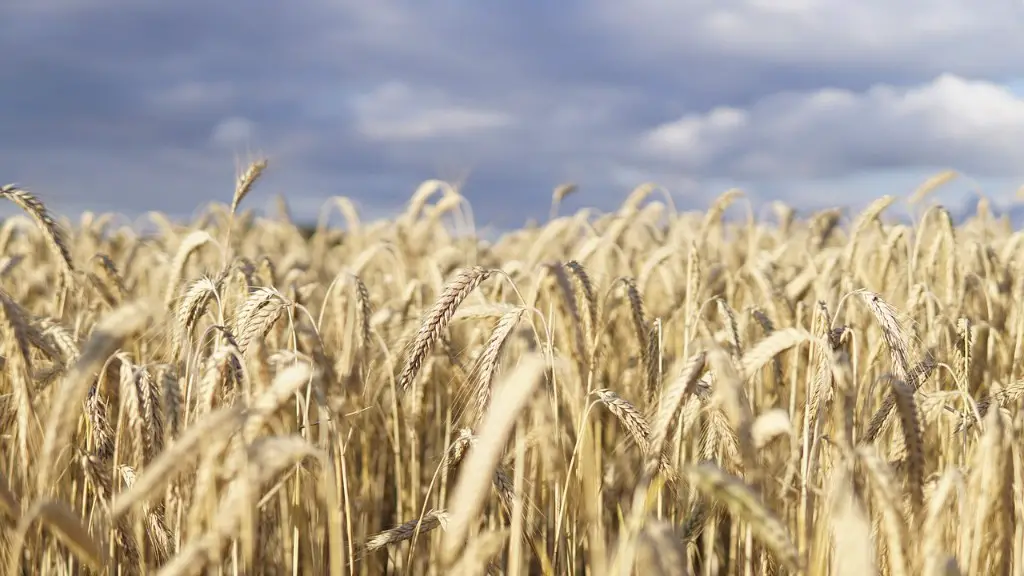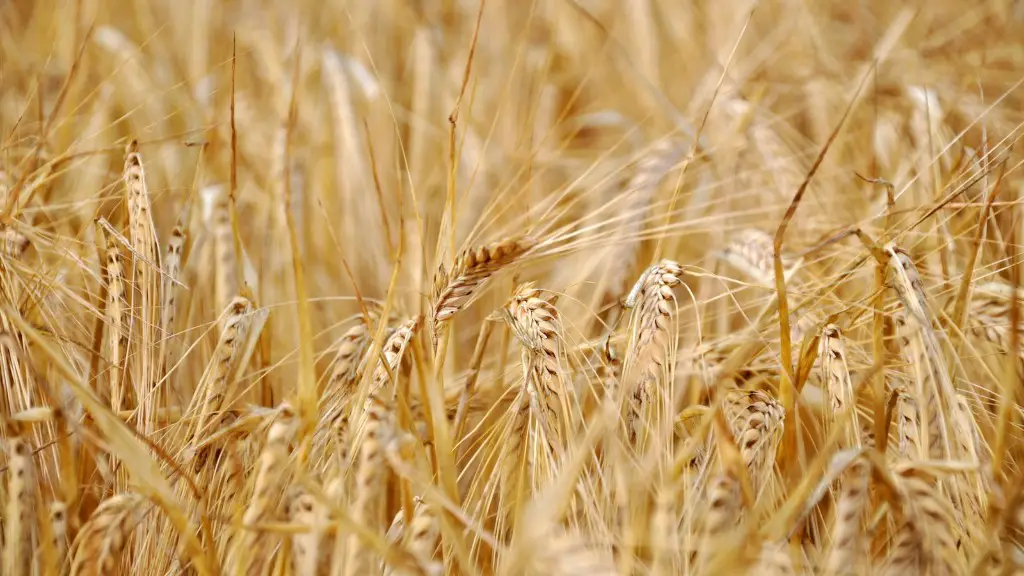Agriculture is one of the oldest and most important industries in the world. The term ‘grower’ refers to the farmer or agricultural business engaged in the production of crops and/or the raising of livestock. Growers are responsible for cultivating and caring for the land, crops and livestock. They may also be responsible for acquiring the necessary resources and equipment, such as fertilizers, pesticides and farm machinery, as well as ensuring that the produce is of a high quality and ready for market.
Growers may also need to consider environmental protection and environmental protection laws, as well as labour regulations related to the harvesting and distribution of produce. They may also need to keep up to date with changing market trends, to ensure that their products remain competitive. Growers must also keep a close eye on their profit margins, as this can be affected by changes in the market or environmental conditions.
There are a variety of different types of grower, including the small-scale home gardener, the large-scale commercial grower, and the specialist in a particular crop. Growers may need to have a variety of skills, such as agronomy and market knowledge, as well as the ability to manage crops, soil and water resources, in order to maximise their profits. Growers may also benefit from assistance and advice from industry professionals, such as agricultural advisors and consultants.
Growers may also need to consider socio-economic factors, such as fluctuations in the economy and the availability of land. They may need to look into different forms of agricultural support, such as subsidies and tax incentives, in order to keep their businesses running. Additionally, growers may need to consider the impact of climate change, as it can affect the sustainability of their cropping, as well as their production costs and potential profits.
Growers play an important role in providing food for the world’s population, by utilising the land and resources available to them. Growers must remain informed and adaptable, in order to ensure that they continue to stay competitive in the ever-changing agricultural environment.
Environmental Protection
Growers have an important role to play in environmental protection, as their activities can have a major impact on the natural environment. It is important that growers take measures to minimise their environmental impact, such as reducing their use of pesticides and other chemicals, managing water resources carefully, and utilising sustainable soil management practices. Growers should also look into alternative forms of energy, such as wind or solar power, for powering their operations, in order to reduce emissions and associated environmental damage.
Growers also have an important role to play in helping to preserve biodiversity. This can be achieved through the use of crop rotation, and minimising the use of monocultures. Additionally, growers should look into the use of Integrative Pest Management (IPM), in order to assess and minimise the risk of pests and diseases, without relying on the use of potentially damaging chemicals.
Growers should also be aware of the increasing threat of invasive species, and take steps to prevent their spread. They should also be aware of any local endangered species, and take steps to protect them. It is also important to ensure that any land disturbances, such as deforestation, are minimised wherever possible.
Growers must realise the importance of environmental protection, and strive to adopt measures that allow them to continue their activities, while minimising their overall environmental impact.
Labour Regulations
Growers must also remain aware of labour regulations, as these can have a major impact on their operations. Growers must ensure that their workers are appropriately trained and adequately protected from any potential risks. This includes providing personal protective equipment, such as gloves and masks, as well as things like appropriate breaks, adequate protection from the elements, and adequate wages.
Growers must also ensure that their workers are legally employed, and that all necessary documents, such as work permits and visas, are filled in correctly. Additionally, grower must also ensure that they comply with any additional regulations, such as those related to hazardous materials. Growers must also remain aware of their workers’ rights and ensure that they are respected at all times.
Growers must take care to ensure that they remain compliant with all labour regulations, as non-compliance could result in significant fines, or even the closure of their business.
Technological Advances
Growers must stay abreast of the latest technological advances, as these can have a major impact their operations. For example, advances in precision agriculture have led to a more efficient use of inputs, such as fertilizers and pesticides. Additionally, advances in genetic engineering have allowed for the development of new crop varieties that are resistant to pests, disease and environmental stresses.
Growers must also stay up-to-date with developments in farm machinery, such as robotic harvestors and automated watering systems. These tools can not only improve efficiency, but can also reduce the manual labour necessary, thus cutting costs and improving safety.
Growers must therefore remain aware of the latest technological developments, in order to ensure that they remain competitive and profitable.
Market Trends
Growers must also remain aware of market trends, as these can have a major impact on the profitability of their operations. Growers must stay informed of current market conditions, such as grain prices and foreign exchange fluctuations. They must also be aware of any new trends in the market; for example, the increasing demand for organic produce.
Growers must also be aware of the current political climate, as this can have an impact on their operations. They should also be aware of any potential trade agreements that may affect the price of their produce, or the availability of resources.
Finally, growers must remain up-to-date with any new regulations that could affect their business. The regulations and policies concerning agricultural subsidies and trade agreements are constantly changing, and it is important that growers remain abreast of these changes, in order to remain competitive and profitable.
Risk Management and Insurance
Growers may be exposed to a variety of risks, such as crop failure, equipment failure, pest infestation and product contamination. It is therefore important that growers ensure that the appropriate risk assessments in place, and that the necessary insurance cover is obtained. This is especially important for large-scale operations, as these are more vulnerable to unexpected risks.
Growers must consider the different types of insurance available, such as crop insurance, livestock insurance, and liability insurance. These different types of insurance can provide a valuable financial cushion, in the event of unexpected losses. Growers must also remain up-to-date with developments in the insurance market, in order to ensure that they are obtaining the best possible cover.
Growers must ensure that they have adequate risk management and insurance measures in place, in order to protect their operations against unexpected losses.
Business Planning
Growers must also ensure that they have a sound business plan in place. This should include a thorough assessment of their current operations, and the resources they need, in order to be successful. Growers should also carefully consider any potential investments, in order to maximise their returns. Additionally, growers must consider any short and long-term strategies for the future, such as diversification and expansion.
Growers should also consider the potential risks and market conditions, in order to plan for the future. This includes assessing the potential impact of climate change, and remaining aware of any regulatory changes. Lastly, growers must also ensure that they have adequate financial resources, in order to cover any unexpected costs.
Growers must ensure that they have adequate business plans in place, in order to remain successful and profitable in the long-term.





